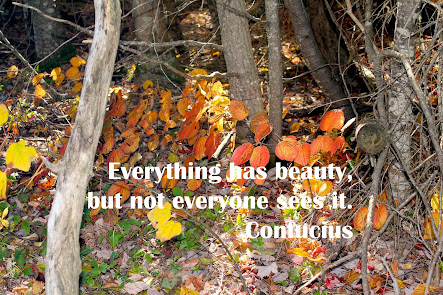The Fall is coming on us quickly, and while getting ready stacking wood and thinking of our next museum event, " Fall Festival History Weekend...I dug this up and thought you might enjoy reading it again!
Many of our original settlers in Eaton date back to the Mayflower and the settlers of Natick especially the Morse, Leland, Kent and Stowe families. Eaton followed much of the tradition of Natick so I thought I would include some wonderful history on Thanksgiving and Governor Bradford who Grandma Clark was a direct relative of.
Many of our original settlers in Eaton date back to the Mayflower and the settlers of Natick especially the Morse, Leland, Kent and Stowe families. Eaton followed much of the tradition of Natick so I thought I would include some wonderful history on Thanksgiving and Governor Bradford who Grandma Clark was a direct relative of.
The first Thanksgiving was truly different from what we see portrayed today on TV and in the movies. In actuality, the Pilgrims who had invited the Indians over to thank them for their help in cultivating corn, in fishing and in hunting, and for basically keeping them alive for the first year, were stunned when the Indians arrived for the feast in numbers far beyond what the Pilgrim’s could feed. So, the Indians left and hunted for deer and fowl and returned with the food necessary for the feast to last three days…yes, three days.
This occasion was unusually frivolous for the stern Pilgrims and comprised of continuous eating, the marching of Myles Standish’s little band of soldiers, bow and arrow competition etc… The feast meanwhile was tended to by five of the eighteen women who survived the first terrible winter. Imagine trying to fix a feast for 140-150 people over an open fire, and then stretch it to three days.
The great Governor Bradford delivered this prayer on the first Thanksgiving and I thought I would include it for us:
Oh give thanks unto the Lord; sing unto him; sing praises unto him, for the precious things of heaven for the dew, and for the deep that couches beneath, and for the precious fruits brought forth from the sun, and for the precious things put forth by the moon, and for the chief things of the ancient mountains, and for the precious things of the everlasting hills, and for the precious things of the earth and its fullness. Let everything that has breath praise the Lord, Praise ye the Lord.
Of interest, I think, are a number of passages from “Of Plimouth Plantation” by Governor Bradford, which mention the colony’s success only by acts of what he referred to as “God’s divine providence”.
Bradford mentions windfalls of corn from unexpected quarters, a mysterious voice that warned the colonials of a store-house fire, showers that came just in time to save the crops, even the turning back of a ship that would foreclose on the colony. These quotes show the success of the colony having been squarely laid on the cornerstone of faith.
This faith led Bradford to guide the colony through all of its terrible trials and gave him the moral capacity to do what was right for all without wish for personal gain. From his first election in 1622 until 1639, he received nothing for dining the court during their monthly sessions. One comment I received after the piece on the “Common Good” read “too bad things could not be like that today!” To this I say, “Amen!” The word “altruism” is too seldom used to describe our modern leaders.
The key word in our pursuit of the history of the Pilgrim’s is DEMOCRACY. Democracy, is the basis for the Pilgrim’s government, carried through both the church and the state, something we need to concentrate on today I think.
Fall Festival will be the later in October - 21 & 22 this year our little museum in its 25 year will close for the season at the end of the month. For those days the museum will host a special display on the Chenango Canal with Backstreet Mary on hand give a small talk on the Canal and Eaton's industries which made Peck's Post in Eaton, the Canal's busiest port.
Fall Festival will be the later in October - 21 & 22 this year our little museum in its 25 year will close for the season at the end of the month. For those days the museum will host a special display on the Chenango Canal with Backstreet Mary on hand give a small talk on the Canal and Eaton's industries which made Peck's Post in Eaton, the Canal's busiest port.
Put your sound on and listen to and oldie and a fall favorite from a past Fall History Weekend theme!



